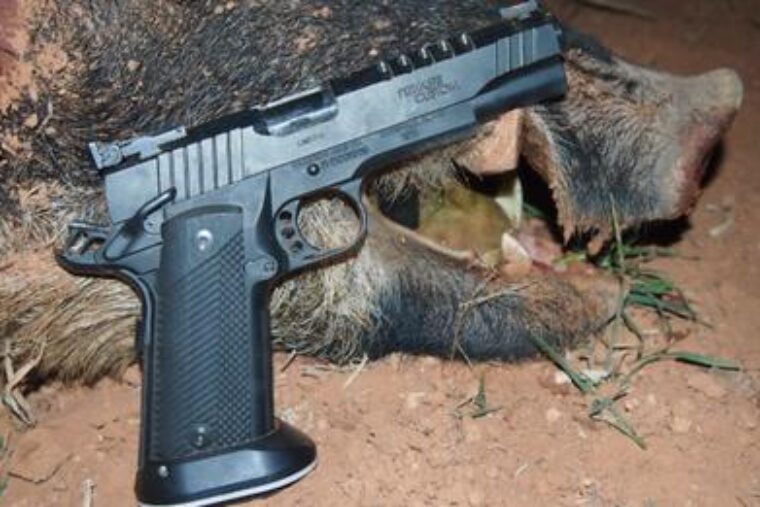Skill is not spelled “L U C K”
Stress. It can be categorized by type – distress, eustress, neustress – and classified by hormone – adrenaline, norepinephrine, and cortisol. Some of its effects can be positive, at least in the short-term, while others are overwhelmingly negative. When it comes to the role of stress in hunting one factor rules them all: training. Yes, you read right. Training isn’t just the purview of self-defense shooters and competitors; training matters for hunters.
“You do not rise to the occasion in combat, you sink to the level of your training. Do not expect the combat fairy to come bonk you with the combat wand and suddenly make you capable of doing things that you never rehearsed before. It will not happen.” (Lt. Col. Dave Grossman, “On Combat”) Whether you’re a fan of Grossman or not, he is dead-on about this.
There are those who argue training is irrelevant; muscle memory isn’t real, repetition has no bearing on future performance during a hunt – or an assault – and practicing specific skills today has little to no bearing on tomorrow trigger time. (Yes, there are people who say these things or variations of them.) And while your life isn’t – typically – on the line while you’re hunting, many of the same factors come into play thanks to adrenaline dumps.



